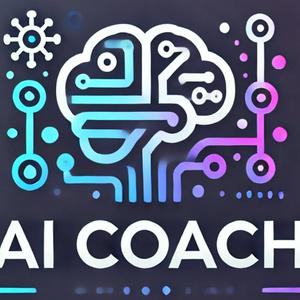99 - Swarm Intelligence for AI Governance
Click here to read more.This podcast introduces swarm intelligence as a transformative paradigm for AI governance, positioning it as an alternative to the prevailing reliance on centralized, top-down control mechanisms. Traditional regulatory approaches—anchored in bureaucratic oversight, static compliance checklists, and national or supranational legislation—are portrayed as inherently slow, rigid, and reactive. They struggle to keep pace with the exponential and unpredictable trajectory of AI development, leaving them vulnerable to both technical obsolescence and sociopolitical risks, such as single points of failure, regulatory capture, or geopolitical bottlenecks.In contrast, the proposed model envisions a distributed ecosystem of cooperating AI agents that continuously monitor, constrain, and correct one another’s behavior. Drawing inspiration from natural swarms—such as the coordinated movement of bird flocks, the foraging strategies of ant colonies, or the self-regulating dynamics of bee hives—this approach emphasizes emergent order arising from decentralized interaction rather than imposed hierarchy.Such a multi-agent oversight system could function as an adaptive "immune system" for AI, capable of detecting anomalies, malicious behaviors, or systemic vulnerabilities in real time. Instead of relying on infrequent regulatory interventions, governance would emerge dynamically from the ongoing negotiation, cooperation, and mutual restraint among diverse agents, each with partial perspectives and localized authority.The benefits highlighted include:Agility – the capacity to respond to unforeseen threats or failures far more quickly than centralized bureaucracies.Resilience – the avoidance of catastrophic collapse due to decentralization, where no single node or regulator can be compromised to bring down the system.Pluralism – governance that reflects multiple values, incentives, and cultural norms, reducing the risk of dominance by any single political, corporate, or ideological actor.Ultimately, the podcast reframes AI governance not as a static regulatory apparatus, but as a living, evolving ecosystem, capable of learning, adapting, and self-correcting—much like the natural swarms that inspired it.


